As gender gains attention in the agricultural world, data and information show women as major players in food production. Over 60% of women in Sub-Saharan Africa are employed in agriculture. And according to Oxfam, “women produce more than half of all the food grown in the world.”
But, development practitioners and policy makers have been slow to recognize women’s vital and diverse role in food security. Linked to this, little is being done to understand the relationship between women and land grabbing. A number of posts on this blog discuss land grabbing, look here and here for more information. Amidst land grabbing discussions and debates on the benefits of smallholder farms vs. large mechanized farms, we seem to have left out an important discussion. What happens to rural women when corporations grab up land in Africa?
Oxfam’s new report, Promise, Power and Poverty, takes a deeper look into the immediate impact of land investments “on women’s land use-options, on their livelihoods, on food availability and the cost of living, and ultimately, on women’s access to land for food production.”
Land rights
Women often lack formal land rights in most developing countries, and especially in Sub-Saharan Africa where less than 20% of women own land.
Without land rights, women may have difficulty gaining access to credit and a variety of natural resources. As a result, their bargaining power often is compromised.
The Oxfam report finds that thanks to large-scale land investments this situation is getting worse. When investors buy out land, smallholder farmers have limited options to pursue action against the loss of land and the resources on it. In most cases, women will rarely receive compensation for lost land. If compensation is given, it is more likely that it would go to their husbands and it is uncertain what they do with that money.
“When you lose your land, you have lost your value and even your body, because the body adds value to the land. You see us talking [but] we are moving corpses.” –one woman who was evicted from her land told Oxfam.
Even when communities are involved in large-scale investment deals, women are rarely given a seat at the bargaining table, despite corporations’ claims that they will bring positive development benefits, according to the report.
The report also finds that land grabbing interferes with the division of labor between men and women. Men typically grow cash crops in Africa and women are primarily responsible for growing household crops. When companies swoop in to produce cash crops, women often lose out, with available labor positions often going to men.
The commons
Common lands are a key source of food, income and survival for rural poor. Women often collect fuelwood, foods and/or medicinal plants, or as grazing land. It is often termed as ‘unproductive’ or underutilized making it ripe for investors to claim.
When investors stake a claim to land, they may fence it in limiting access to both men and women, finds Oxfam. In addition to losing access to fertile land and water sources, women are thus prevented from harvesting indigenous plants. In this case, not only is the food security in the hands of women compromised, but local people lose their access to traditional resources that they relied upon and genetic biodiversity is lost.
In Laos, for example, it was found that women are the major users of riparian strips along rivers where they can grow vegetables and collect riverweed. This provides substantial nutrition and income for them. When dams are built and people are relocated, women lose this source of income. Rarely are such systems part of compensation schemes.
Where do we go from here?
Many conversations on land grabbing fail to address gender disparities. But, the effects of land grabbing on female farmers can be severe—often accentuating already existing challenges that rural women face.
Anyone who works on gender often starts feeling like a broken record—“Don’t forget about the women!” Is that where we are in the land grabbing debate? Are we at the point where we remind governments and investors that women exist, have a special stake in these investments, and should be recognized accordingly?




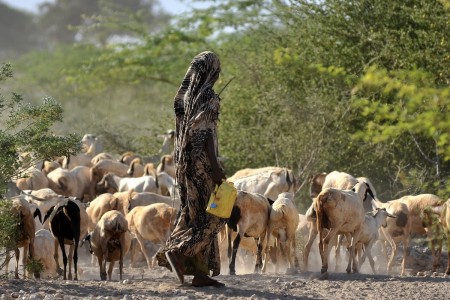

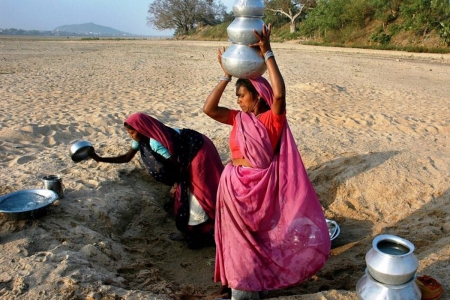

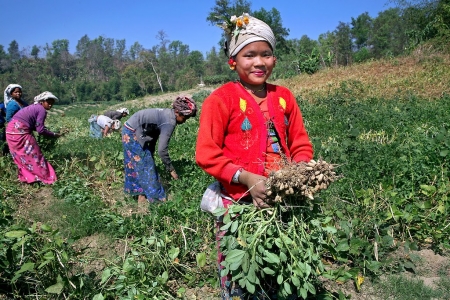



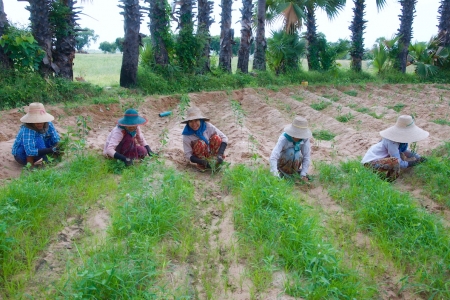
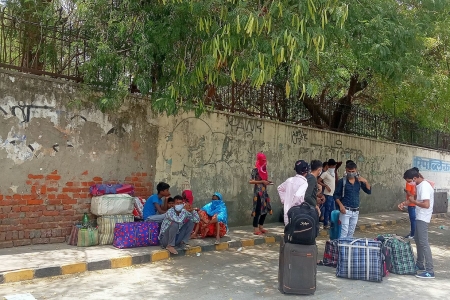




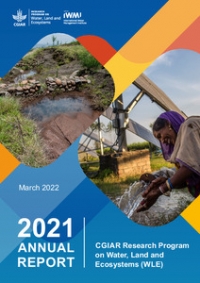
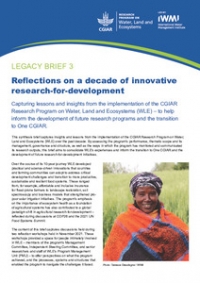
Comments
This is a sobering piece that highlights the plight of women in agriculture in this controversial global initiative by entities seeking soveriegn food security or just wanting a piece of the action. We all agree that women are a critical component in agriculture and our production systems, yet in many developing and emerging economies they have no voice and no recourse. This has to change! It is imperative that we all play our part in making sure that women are equals in every aspect of agriculture and our food production systems.
At our plantation in Rwanda we have around 65% women employed.
The government requires us to have 50% women and 0% children. Also, we cannot pay them cash, only to their co-op bank accounts.
This is very true. land grabbing in the name of culture and tradition has been already a challenging discourse for many societies. now the institutional and organised way of land grabbing and pushing women further away from means of production. until and unless the State takes a vision that supports its people to protect their basic rights and adopt proper land management system, there will be no land remains to enjoy as our land. in Nepal, there are certain indigenous nationalities, they calim themselves as "son of the land". in such scenario, even the land rights of the men and community will be at risk.....
I’m glad that you drew attention to this issue, esp. to the importance of the commons, which are especially vulnerable to expropriation.
But the posting (and apparently the report) falls into the all-too-common trap of using flawed numbers in the set-up of why it is important to pay attention to women. For example,
“ And according to Oxfam, “women produce more than half of all the food grown in the world.” “
Cheryl Doss has done a careful analysis that shows that such numbers can’t be supported (see https://www.fao.org/docrep/013/am309e/am309e00.pdf )
We’re also working to identify what can be said about how much land women own—most of the statements on this have no empirical basis.
I don’t want to undermine attention to the impact of land grabs on women—in fact, we’ve also done work to show that women as disproportionately disadvantaged by most such deals (see https://www.ifpri.org/publication/gender-implications-large-scale-land-deals and https://www.ifpri.org/sites/default/files/publications/ifpridp01136.pdf)
My concern is that if arguments for attention to women are based on bad data, it could discredit the overall case. Getting better data on this is not simple, but that is the role for research.
-Ruth Meinzen-Dick, IFPRI
Useful post and great responses. You put a nice twist to it. Thank you for the info Abby.